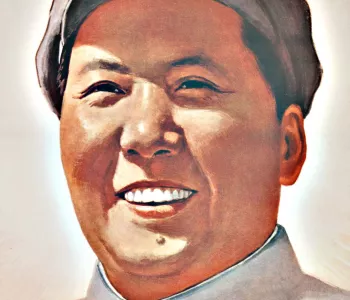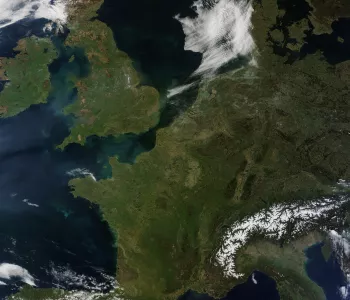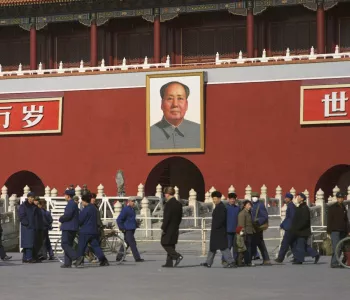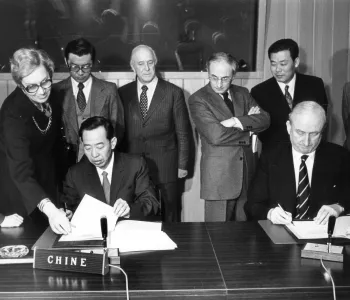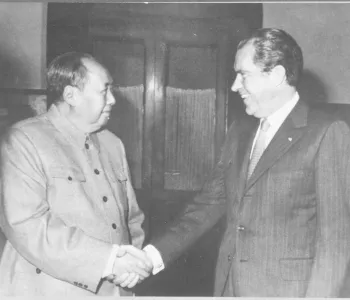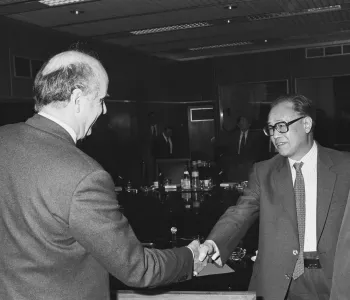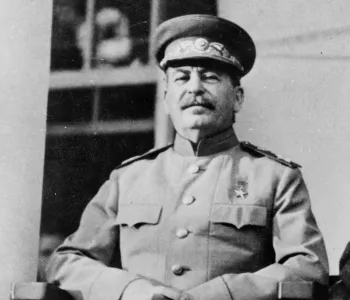d'Vinci

Attlee, C. R. (Clement Richard) 1883- 1967
Clement Attlee was Prime Minister of the United Kingdom from 1945-1951. Clement Attlee succeeded Winston Churchill, and was present at the final allied war conference in Potsdam, Germany, in August 1945, and worked during his term to solidify relations with the U.S.
Prior to serving as Prime Minister, Attlee was Mayor of Stepney, England, 1919-1922; Member of Parliament, 1922-1924; Undersecretary of State for War, 1924-1929; and Chancellor of the Duchy of Lancaster, Postmaster General, 1929-1931.

Born January 3, 1883, in England, Attlee practiced law shortly after graduating from Oxford but found social reform more interesting. He moved into a settlement house (1907) in the poverty-ridden East End of London, joined the Fabian Society (1907) and the independent Labor Party (1908) and lectured at the London School of Economics (1913).
During World War I he served in France and Africa, achieving the rank of major. After the war, he pursued social reform through politics -- first as the mayor of Stepney (1919), then as a member of Parliament from Limehouse (1922). In the first Labor government (1924) he was undersecretary of state for war and in the second Labor ministry (1929-31) served as chancellor of the duchy of Lancaster and postmaster general. Attlee resigned his government posts in 1931. In 1935 he was elected leader of the Labor Party. He refused to participate in Neville Chamberlain's government because he disapproved of Chamberlain's appeasement of fascist Italy and Hitler's Germany. In 1940, Attlee served in Prime Minister Winston Churchill's war cabinet in a variety of positions.
Following Labor's victory in the 1945 elections, Attlee assumed office as prime minister during the final Allied war conference at Potsdam, Germany (July 17-August 2, 1945). Attlee's foreign minister, Ernest Bevin, played a key role in the development of Western "containment" strategy toward the Soviet Union. During Attlee's tenure, Britain fostered its "special relationship" with the United States. It helped with the Berlin airlift (1948), participated in the Marshall Plan, joined NATO (1949) and the Council for the Unity for Europe (1949). Attlee was proud of granting India independence within the Commonwealth, establishing the separate countries of Pakistan, Burma (now Myanmar) and Ceylon and relinquishing control of Egypt as well as Palestine, where the state of Israel was founded.
At home, to alleviate postwar suffering in Britain, he nationalized many industries and implemented the welfare state, which he called "his greatest achievement." In October 1951, he stepped down when the Conservatives won. In December 1955 he was made an earl. He died October 8, 1967, at the age of 84.
